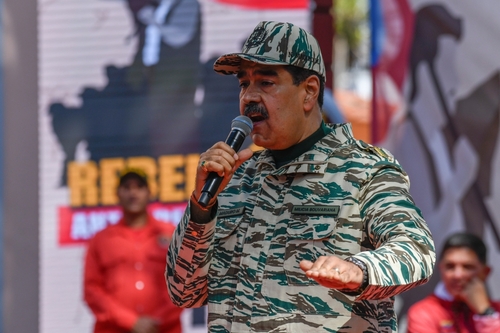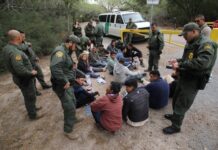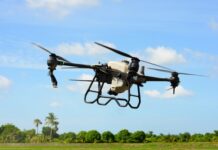
The Venezuelan government’s revocation of passports held by journalists and activists is a targeted attempt to silence dissent without the overt use of violence or international scrutiny. Dozens of Journalists and activists have had their passports annulled by the government. This action is part of an increased repression campaign against opposition to Maduro. The real number affected may be higher due to underreporting out of fear. Passport confiscation is employed as a less visible means of stifling opposition.
Government Action Against Journalists and Activists
The Venezuelan government, under President Nicolás Maduro, has been reported to have canceled the passports of dozens of journalists and human rights activists. This crackdown follows disputed claims of Maduro’s re-election victory, with observers marking it as a strategic move to curb the opposition while minimizing confrontation on an international level.
According to Laboratorio de Paz, over 40 individuals have experienced these annulments, often uncovering this either online or during travel attempts. The true breadth of this issue may surpass reported figures, as fear of retaliation could deter victims from coming forward.
Since the presidential election, an undetermined number of people found their passports annulled, sometimes when trying to leave Venezuela. Among them are journalists and activists ✍️ @fanzinero https://t.co/Nz2ikAHkMi
— Caracas Chronicles (@CaracasChron) September 26, 2024
Repression and Response
Nicolás Maduro’s disputed re-election has been met with widespread opposition rejection, triggering intensified repression by his government against dissenting voices. Rights organizations call this passport revocation part of a larger suppression campaign, where more than 2,000 arrests, along with undocumented incidents of disappearances have also been reported.
The UN Independent Fact-Finding Mission highlights how Venezuela employs both “hard” repression, such as arrests, and “soft” approaches, like mobility restrictions, to neutralize opposition with lesser political repercussions.
This is what fascism looks like.
Venezuela has cancelled passports of dozens of activists and journalists
Rights group in Caracas says at least 40 people affected, as Maduro government continues clampdown on opposition.https://t.co/uLfLwfHzn0— Tammy 💪🇨🇦🇺🇦💪 (@Tammyocanada) October 12, 2024
International and Technological Dimensions
The use of technological tools, censorship, and digital surveillance complements physical repression efforts. Human rights groups note the government’s deployment of technology for monitoring and controlling dissent. Surveillance companies are allegedly aiding these endeavors.
The international community’s response is crucial, with calls for condemnation of human rights violations. An open letter urges international bodies to advocate for unrestricted internet access and protection of digital rights in Venezuela. Such measures are seen as part of a comprehensive strategy to tackle the country’s suppression activities.











